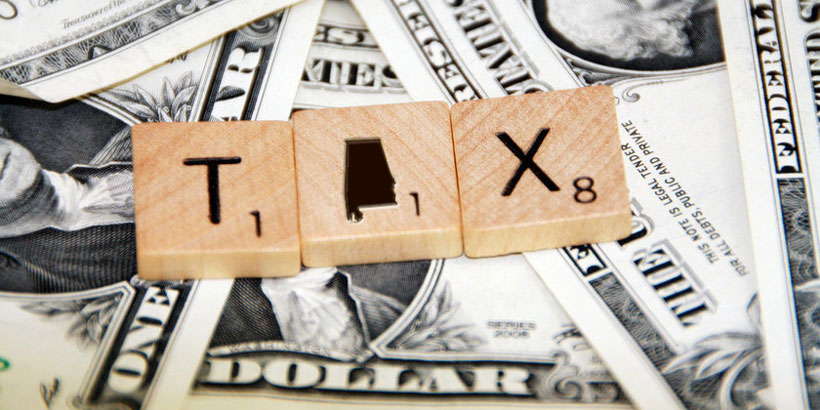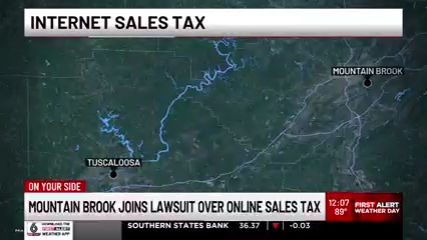Cha-ching, cha-ching, cha-ching.
That was the sound going off in the heads of many politicians and bureaucrats in Montgomery and around the county seats of Alabama on Thursday after the U.S. Supreme Court ruled states can levy a sales tax on online purchases.
In a 5-4 ruling, the high court sided with the state of South Dakota on a law that allows the state to collect sales tax on purchases made by South Dakota customers from out-of-state retailers.
The ruling overturned decades of case law that found a state couldn’t charge sales tax unless the retailer had a physical presence in the state.
Gov. Kay Ivey immediately applauded the ruling, categorizing it as a “common-sense approach,” with her suggestion being it levels the playing field for in-state brick-and-mortar sellers.
“Technology and the advent of e-commerce has drastically changed the retail landscape and the states’ ability to collect sales taxes,” Ivey said in a statement. “The Supreme Court’s ruling related to online sales taxes is a common-sense approach that modernizes existing limitations on the taxation of e-commerce sales and will facilitate collections in our global, technology-driven economy. The change effected by the Court’s decision will promote parity between our state’s brick and mortar businesses and competing out-of-state sellers.”
For starters, if our elected leaders were actually concerned about fairness for in-state brick-and-mortar businesses, they would have found a way to ease the tax burden on them long ago to allow them to be more competitive against online retailers.
There has been no such effort whatsoever.
What we’re told is this is a big win for the mom-and-pop shop in small-town downtown Alabama. But it’s an even bigger win for the Walmart in the strip mall out on the four-lane bypass that goes around the downtown.
Aside from the bureaucratic nightmare the ruling creates that will allow the at least 10,000 state and local taxing jurisdictions to tax out-of-state online retailers (as laid out by Americans for Tax Reform president Grover Norquist on Thursday), it is a massive loss for the consumer.
Now we, the consumers of Alabama, are saddled with paying sales tax for online purchases. How is this a good thing? There is no longer any refuge for from consumers in a state with one of the highest state-local combined sales tax burdens in the nation.
We’re also being told this is fabulous for our state because the government coffers will have another revenue stream.
Yes, that’s precisely what Alabamians want: more money in government.
Of course, I’m being facetious. There’s nothing modernizing or common-sense about more money from the taken from the pockets of consumers and given to local and state governments that have in many cases betrayed the trust of the people they serve.
The ways these things tend to work out ultimately is the big businesses with money to foot the bill for lobbyists in Montgomery and county seats and city halls all across the state is the tax code will be crafted in a way that is most beneficial to them. Therefore, it is likely that any cost burden is passed on to the consumer. It may marginally impact their overhead costs, but that, of course, will also be felt by the consumer.
Are we really supposed to believe tech giants like Amazon, Google, Apple and Facebook are going to feel the heat from a state that will seemingly bend over backward to have any of them locate some sort of data-storage facility in one of the many beleaguered local economies around Alabama?
Yesterday’s ruling wasn’t a great day for Alabama. It wasn’t even necessarily a great day for the businesses of Alabama. It was a great day for government that is often very bad at managing its finances.
@Jeff_Poor is a graduate of Auburn University and is the editor of Breitbart TV.











